Unlocking the Power of Superfoods: Your Guide to Nutritional Excellence



The phrase "superfood" has become extremely popular in a society where health consciousness is growing. You've undoubtedly heard it mentioned in discussions about wellbeing, diet, and health. Do superfoods live up to the hype, though, and what precisely are they? Let's go out on a quest to discover the secrets of these nutritious wonders.
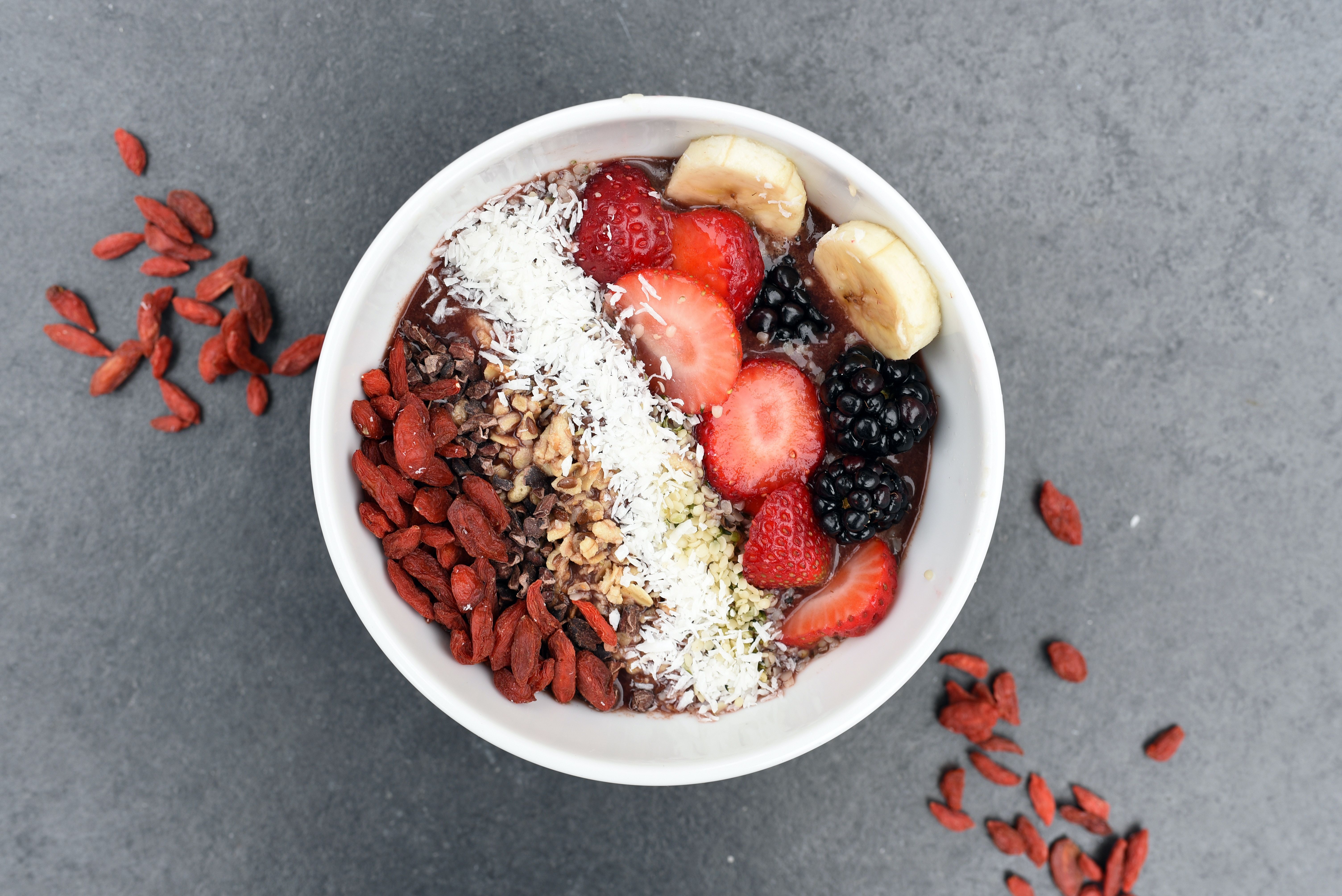
Superfoods are a class of nutrient-rich foods that have been prized for their health advantages for generations rather than a recent trend. They include an astounding amount of fiber, vitamins, minerals, antioxidants, and other necessary components that are thought to support general health and wellbeing.
These meals are advantageous for more reasons than simply their particular nutritional value; they may help lower the risk of chronic illnesses, strengthen the immune system, and improve vitality. Although the definition of a superfood varies from one source to another, a number of well-known foods frequently appear on the superfoods list.
Your body needs a strong immune system to protect it from diseases and infections. A range of nutrient-rich superfoods can help maintain and enhance your immune system over time, even if no one meal can miraculously improve your immune system. The following superfoods are well-known for strengthening the immune system:
- Citrus Fruits: Vitamin C, a potent antioxidant that can increase the formation of white blood cells, which are essential for battling infections, is abundant in citrus fruits including oranges, grapefruits, lemons, and limes.
- Berries: Antioxidants and vitamins found in berries like strawberries, blueberries, and raspberries can help lower oxidative stress and inflammation while supporting the health of the entire immune system.
- Garlic: Allicin is a substance found in garlic that has antibacterial and immune-stimulating qualities. Garlic may prevent infections if you include it in your diet.
- Ginger: Ginger is well known for its antioxidant and anti-inflammatory effects. It can strengthen the immune system, ease nausea, and treat sore throats.
- Turmeric: The major ingredient in turmeric, curcumin, contains antioxidant and anti-inflammatory properties that may help with immunological function. Try incorporating turmeric into soups, curries, or drinks.
- Yogurt: Probiotics, or helpful bacteria, are found in yogurt and other fermented foods, and they help maintain a balanced gut microbiota. A healthy gut microbiota is associated with a robust immune system.
- Green Tea: Catechins, antioxidants that have been demonstrated to improve immunological function, are abundant in green tea. Regularly consuming green tea might be a beneficial supplement to your diet.
- Nuts and Seeds: Sunflower seeds, walnuts, and almonds are all great sources of vitamin E, a strong antioxidant that supports a strong immune system.
- Leafy Greens: A and C vitamins, as well as a variety of other vitamins and minerals that support immune function, are abundant in Swiss chard, kale, and spinach.
- Mushrooms: Beta-glucans, which are found in certain mushrooms like shiitake and maitake, have been demonstrated to increase white blood cell activity and promote immune system performance.
- Honey: Honey contains antibacterial qualities and helps ease a cough and sore throat. This all-natural sweetener can take the place of refined sugar.
- Protein-Rich Foods: The components for immune cells are found in protein-rich foods including tofu, lean meats, chicken, fish, and other dairy products. To promote immunological function, be sure to incorporate protein in your diet.
- Bone Broth: A variety of elements, including minerals and amino acids, found in homemade bone broth can strengthen the immune system and advance general health.
- Probiotic Foods: In addition to yogurt, fermented foods like kefir, sauerkrautare great sources of probiotics that support immune function and maintain a healthy gut.
Acai, spirulina, and goji berries are often hailed as superfoods due to their impressive nutrient profiles and potential health benefits. Let's explore each of these superfoods in more detail:
Acai Berries:
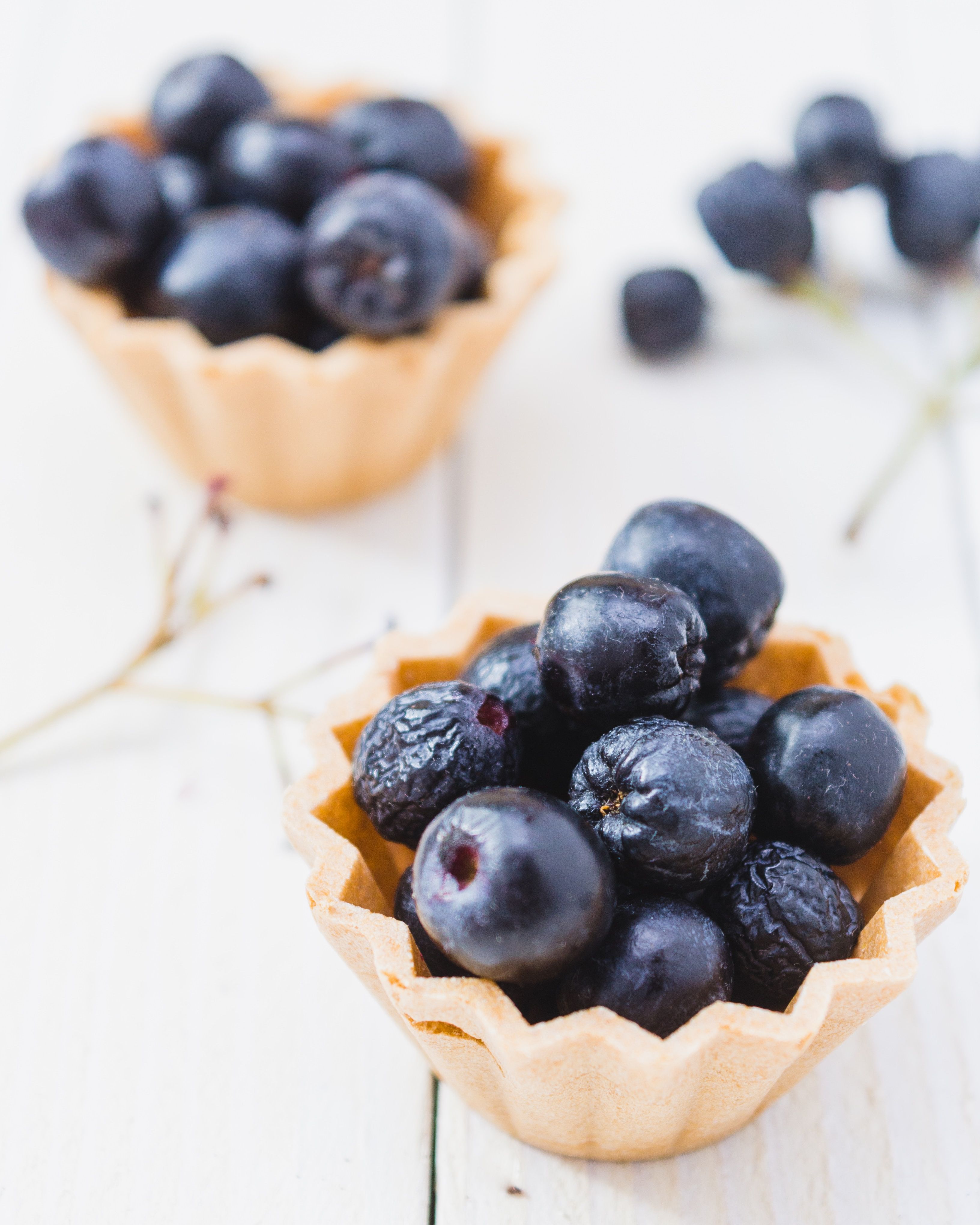
Nutrient-Rich: The deep purple hue of acai berries, which are indigenous to the Amazon jungle, is due in large part to anthocyanins, which are potent antioxidants. These antioxidants may lower the chance of developing chronic illnesses by battling oxidative damage and inflammation.
Heart Health: Like olive oil, acai berries provide heart-healthy lipids like oleic acid. These fats may improve cardiovascular health by lowering levels of harmful cholesterol.
Fiber: Acai berries are a rich source of dietary fiber, which promotes healthy weight management and aids with digestion.
Vitamins and Minerals: They provide essential vitamins and minerals, including vitamin A, vitamin C, and potassium, supporting overall well-being.
Potential Immune Boost: Some studies suggest that acai berries' high antioxidant content may help strengthen the immune system.
Usage: Acai berries are commonly consumed in smoothie bowls, juices, and supplements.
Spirulina:
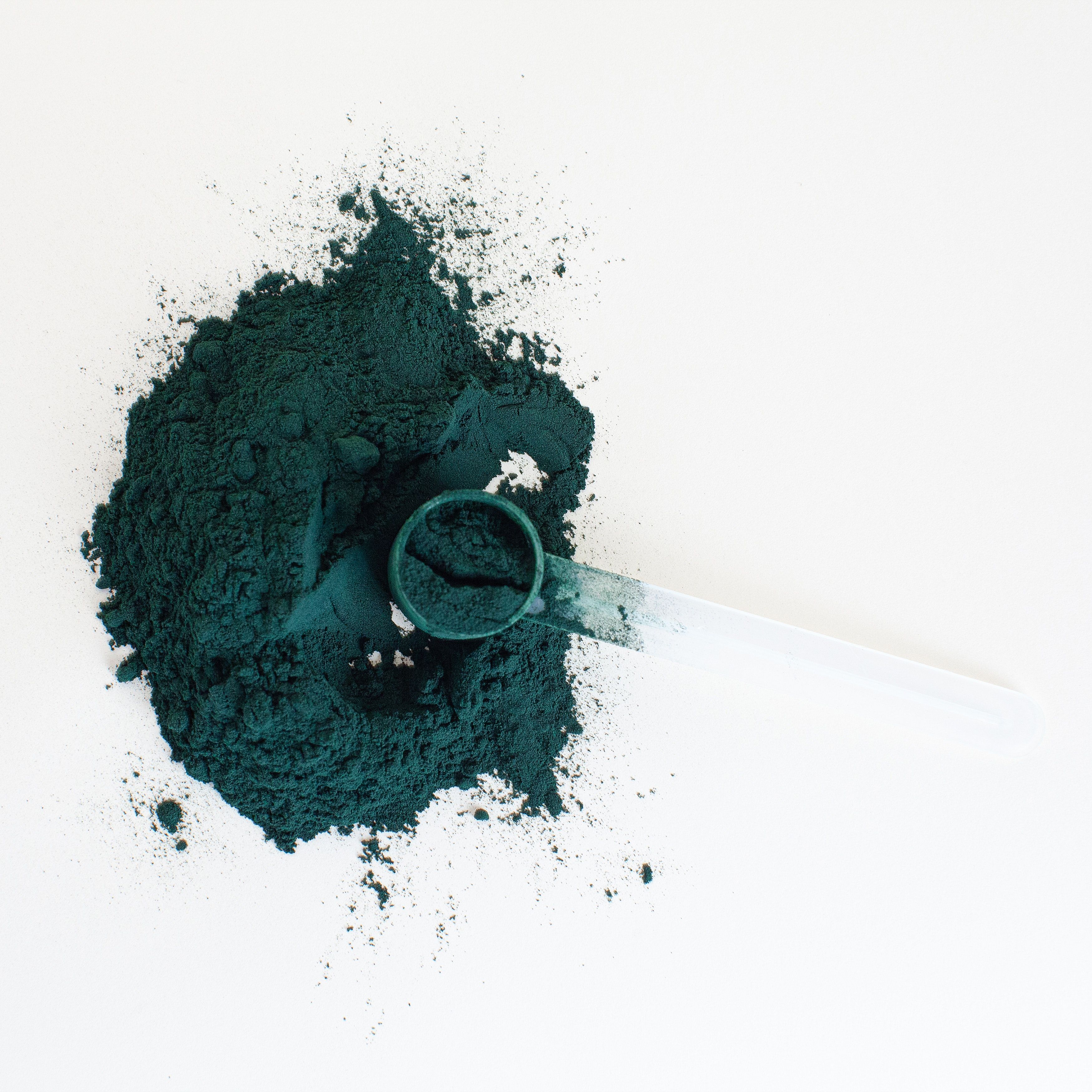
Protein-Rich: A particularly high-protein blue-green algae, spirulina is a fantastic plant-based protein source for vegetarians and vegans. It has all nine necessary amino acids.
Iron and B Vitamins: Spirulina is a good source of iron, which is essential for oxygen transport in the body. It also contains various B vitamins, including vitamin B12 (though it may not be a sufficient source for vegans).
Antioxidants: Spirulina is loaded with antioxidants like phycocyanin, which can help protect cells from damage and reduce inflammation.
Immune Support: Spirulina may increase the formation of white blood cells and antibodies, thus boosting the immune system, according to some study.
Detoxification: Spirulina is renowned for its detoxification abilities, which help the body eliminate heavy metals and poisons.
Usage: Spirulina is available in powder or tablet form and can be added to smoothies, juices, or taken as a supplement.
Goji Berries:

- Antioxidants: The antioxidants included in goji berries, such as beta-carotene, zeaxanthin, and vitamin C, may aid in cell protection and improve eye health.
- Immune Function: These berries have been traditionally used in Chinese medicine to boost the immune system and increase resistance to illness.
- Amino Acids: Goji berries contain a range of amino acids, including essential ones, making them a good protein source for plant-based diets.
- Blood Sugar Control: Some studies suggest that goji berries may help regulate blood sugar levels and improve insulin sensitivity.
- Usage: Goji berries can be eaten on their own as a snack, added to oatmeal, yogurt, or trail mix, or consumed as a juice or in supplement form.
Maca:
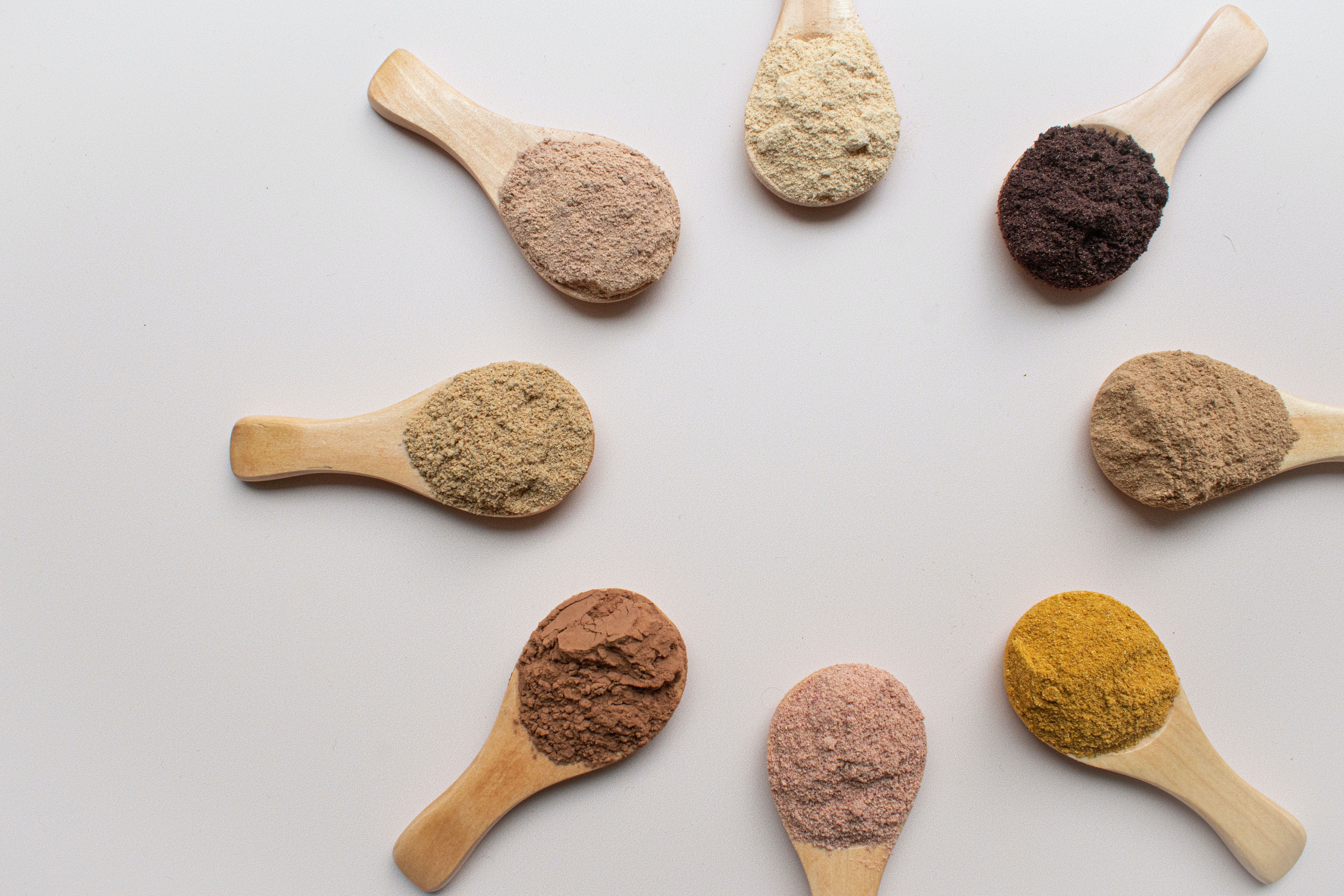
Adaptogenic Properties: Since maca is frequently referred to as an adaptogen, it may aid in the body's ability to cope with stress and keep its equilibrium.
Hormone Regulation: Some people use maca as a natural remedy to support hormonal balance, particularly for issues related to menstrual cycles, menopause, and libido. It is claimed to have potential aphrodisiac properties.
Energy and Stamina: Maca is sometimes promoted as an energy booster and enhancer of physical endurance, making it useful for athletes and active individuals.
Mood and Mental Health: Some users report improvements in mood and mental well-being when consuming maca regularly.
Usage: Maca is commonly available in powder form and can be incorporated into smoothies, oatmeal, or other foods. It's also available in capsules or tablets as a dietary supplement.
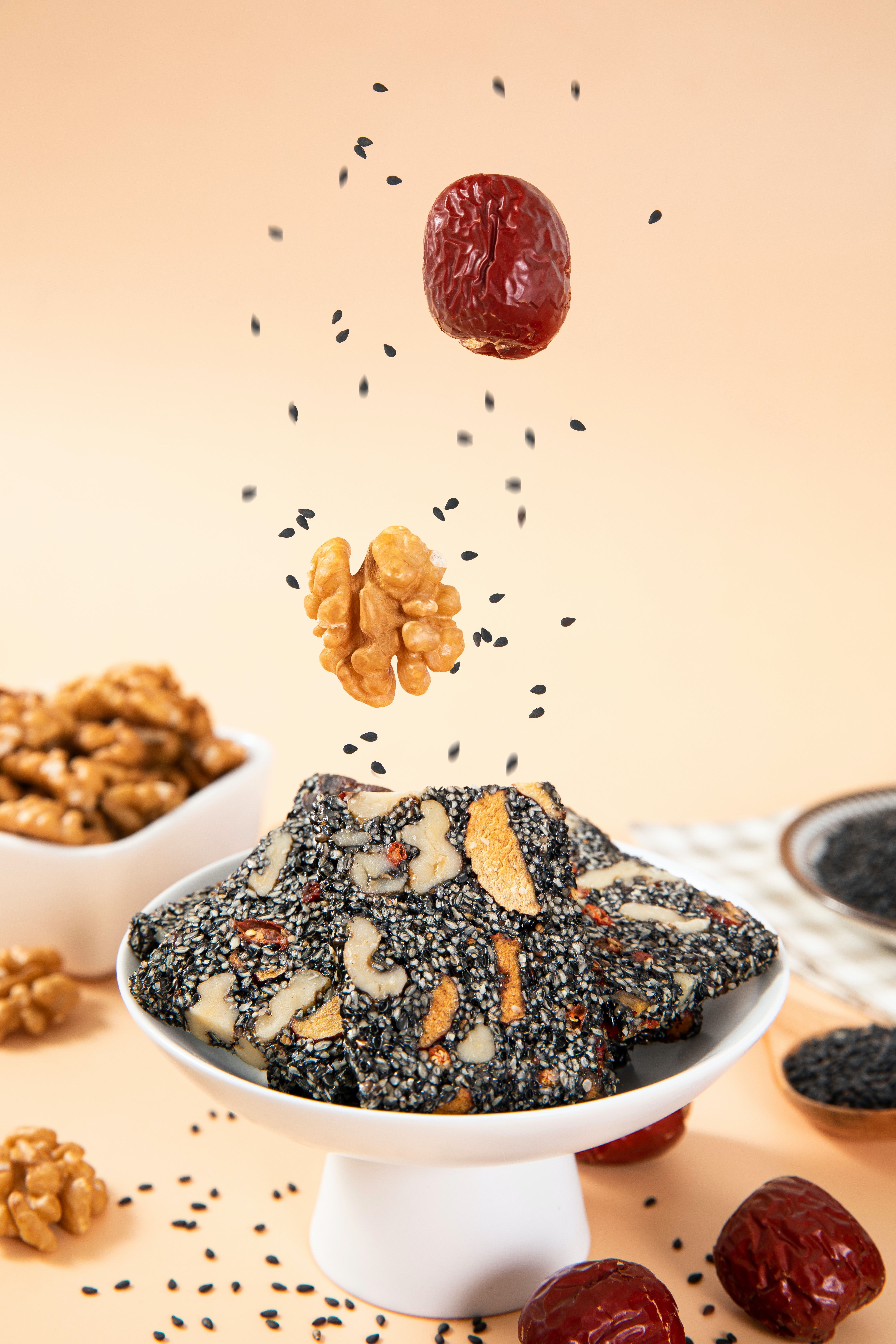
Keep in mind that living a healthy lifestyle is just as important to keeping a strong immune system as the things you eat. A good immune system requires putting regular exercise first, minimizing stress, getting enough sleep, and drinking plenty of water. Including these superfoods in a balanced diet might be a beneficial step in promoting the health of your immune system.

